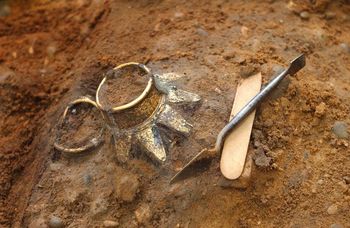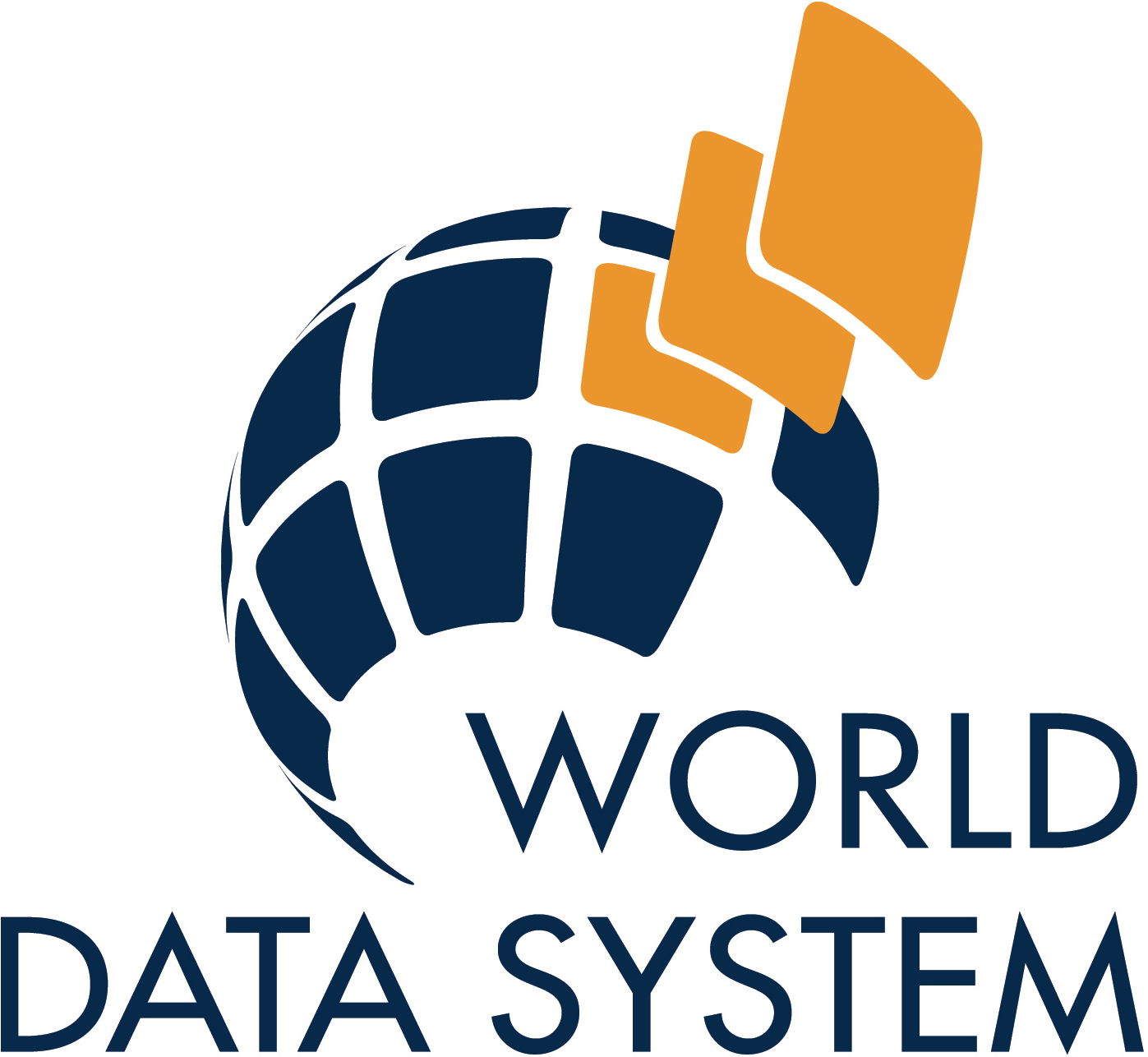Copyright considerations for marine data
That copyright was a major issue first became apparent during the Big Data project. Unlike the VENUS project, which was highly focussed on data collection and processing, many marine projects use survey data that is often owned by third parties. For example, the ADS archived ‘Where Rivers Meet’[1] Big Data case study acquired survey data from the satellite aerial data vendor, Infoterra, who retain copyright. Clearly an external organisation cannot archive this original dataset without the permission of the copyright holder which is unlikely to be forthcoming if the data still has a commercial value. Optimistically this could be seen as a distributed archive with the third party archiving the raw data and digital archives holding the derived data. The problem here, however, is that reuse by anyone other than the original licensee (in this case Birmingham University who undertook the ‘Where Rivers Meet’ project) would require them to again purchase the data.
In addition to the original datasets, data licences may also place limitations on derived data. Restrictions can range from simply placing an acknowledgement and licence number on any derived data sets through to strict restrictions on how much of an original dataset can be reproduced and the methods of reproduction. Copyright issues, as previously noted, should be identified and clearly documented as early as possible in a project.
[1] http://archaeologydataservice.ac.uk/archives/view/where_rivers_meet_eh_2006/



